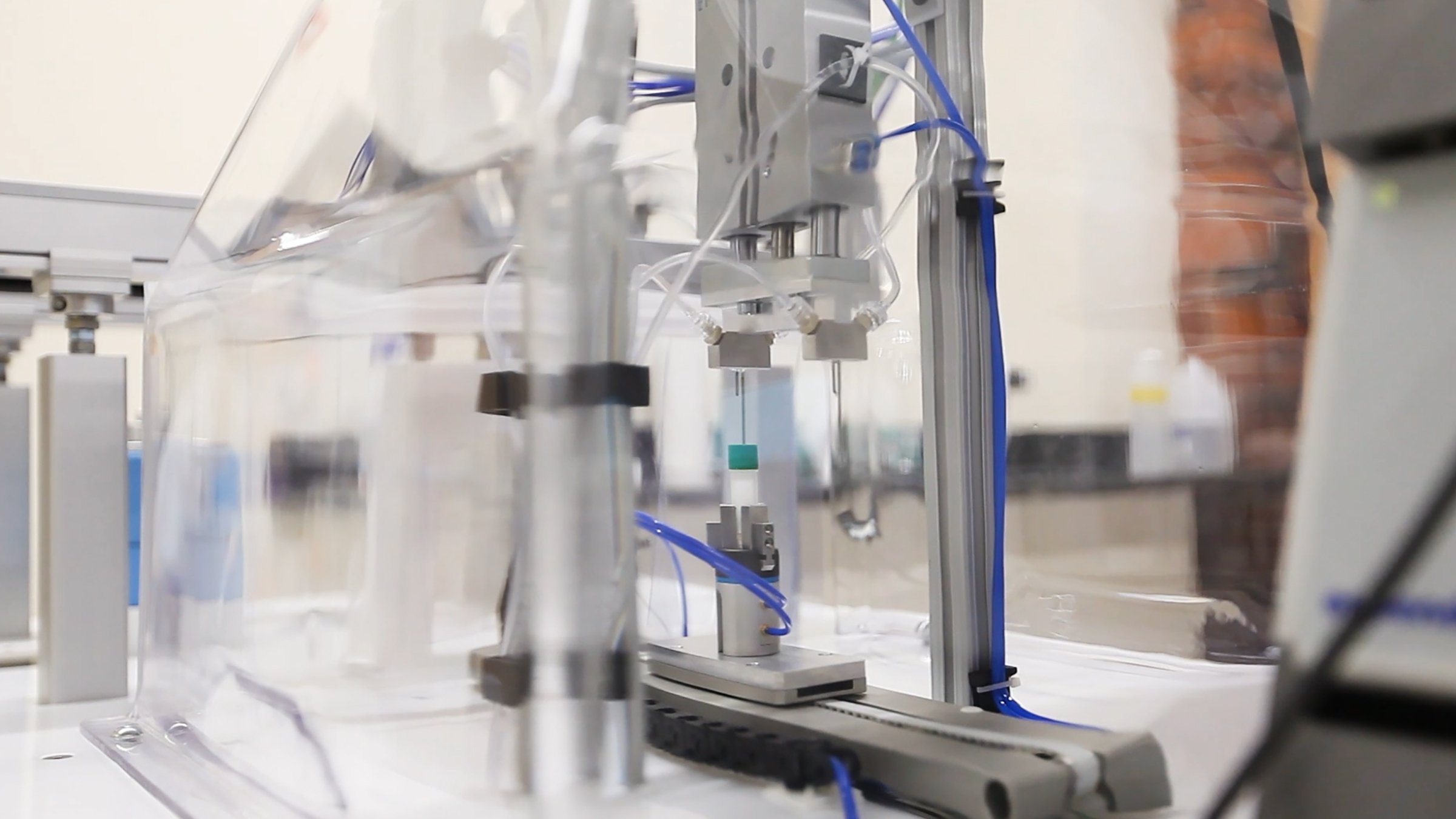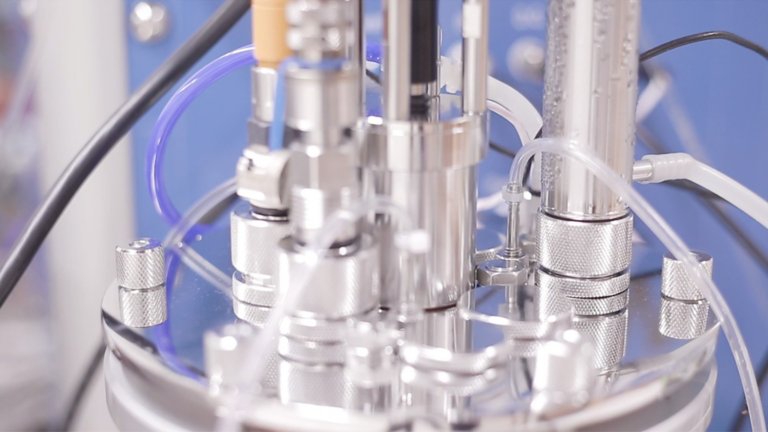How do you determine whether your business partnerships are successful? A strictly results-based approach tells a big part of the story. But in Rockwell Automation’s long history of building customer relationships, we’ve seen how less-tangible elements can lead to achievements beyond a partnership’s original parameters.
Attitude matters. The more you’re willing to help, the more you can accomplish. Our partnership with the Advanced Regenerative Manufacturing Institute (ARMI) is a prime example of this mutually beneficial approach. Both sides bring critical information and technology to every project, including the ARMI Center of Excellence currently in development.
As a result, we’ve moved closer to a revolutionary era of medicine that could save thousands of lives every year.
Back to School
ARMI’s BioFabUSA program involves a consortium of more than 170 member organizations pursuing the same mission: large-scale manufacturing of engineered tissues. It’s a goal that could, among other things, make organ transplant waiting lists a relic of the past.
Many of the participating organizations hail from the worlds of research and academia, so they know the science behind tissue generation. But they needed a hand determining how to scale and automate their processes. ARMI Executive Director Dean Kamen already had someone ready to help.
Back in 2018, the U.S. Department of Defense called to award ARMI an $80 million grant through its BioFabUSA tissue and organ manufacturing program. Shortly after, Kamen made a phone call of his own to Rockwell Automation CEO Blake Moret. The partnership grew from there, with Rockwell Automation sharing its knowledge and technology.
Both contributions were critical to ARMI BioFabUSA’s first automated tissue line, which went online in early 2020. An individual could now insert a vial of cells at one end of the line and return 45 days later to inspect the complete bone ligament construct waiting at the other end.
Fully automating the process was an important step on the way to engineering complex organs. The Center of Excellence will help the cause as well, but only because the two organizations recognized an opportunity and found reasons to say “yes” at key moments. One such moment involved the most basic of requirements that can sink a project before it starts: space.
Location, location, location
For years, Rockwell Automation had explored establishing a Center of Excellence in the greater Boston area. Meanwhile, the company’s partnership with ARMI BioFabUSA had made significant strides just 50 miles north of Boston at the organization’s facility in Manchester, N.H.
The converted textile mills have plenty of square footage, and ARMI BioFabUSA wanted to put it to good use. So when the organization discovered Rockwell Automation’s interest in a regional Center of Excellence, it offered to provide space at no cost. It was an unexpected development, but one that could help everyone in the consortium move forward.
Of the 170+ member organizations, the vast majority is in the early stages of the digital plant maturity model and would benefit from a tangible demonstration of what’s possible in later stages. Having the demo space right next door to a practical, cutting-edge application was an opportunity the organization wanted to capitalize on.
Both partners see the ARMI Center of Excellence as a learning tool, educating the consortium’s members about smart manufacturing. When completed, the center will lay out the digital transformation journey — from a manual setup to a fully automated facility talking to an enterprise resource planning system.
Rapid development
The first steps toward creating that environment happened remarkably fast after ARMI BioFabUSA offered its available space in Manchester. Project organizers got an important nod from Rockwell Automation Senior Vice President and Chief Technology Officer Sujeet Chand in March 2021. Two months later, the center had equipment in place to demonstrate the first two levels of the digital plant maturity model.
As for the subsequent three levels, Rockwell Automation will tell that story with help from another partner: Cytiva. With bioreactors from the global life sciences company, the center will provide a concrete example of the success stories that are possible through smart manufacturing.
Of course, if visitors still need convincing, they can go right next door and observe ARMI BioFabUSA’s expanding efforts to achieve its mission. With Rockwell Automation assistance, the organization will install eight more production lines over the next eight to nine months. Every one that comes online closes the gap between the science and the fully automated production of engineered tissue — and strengthens a thriving partnership.



